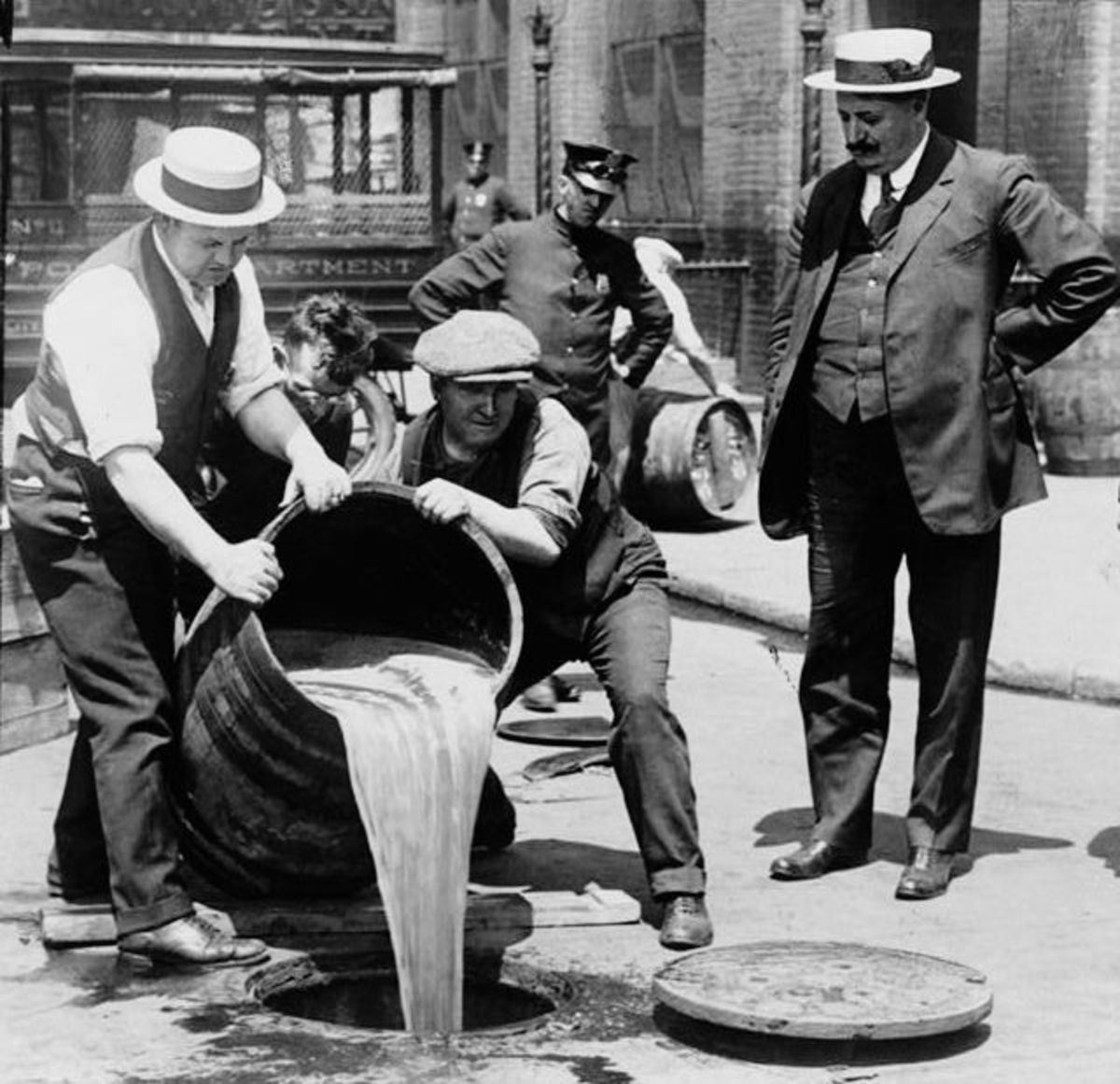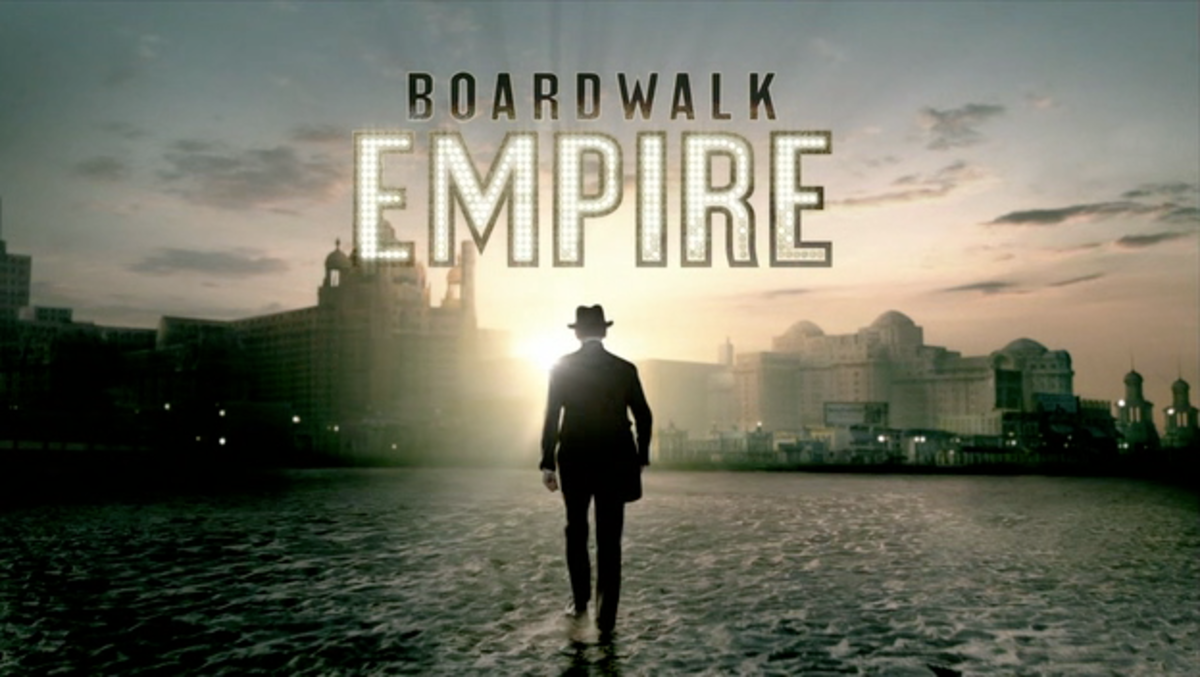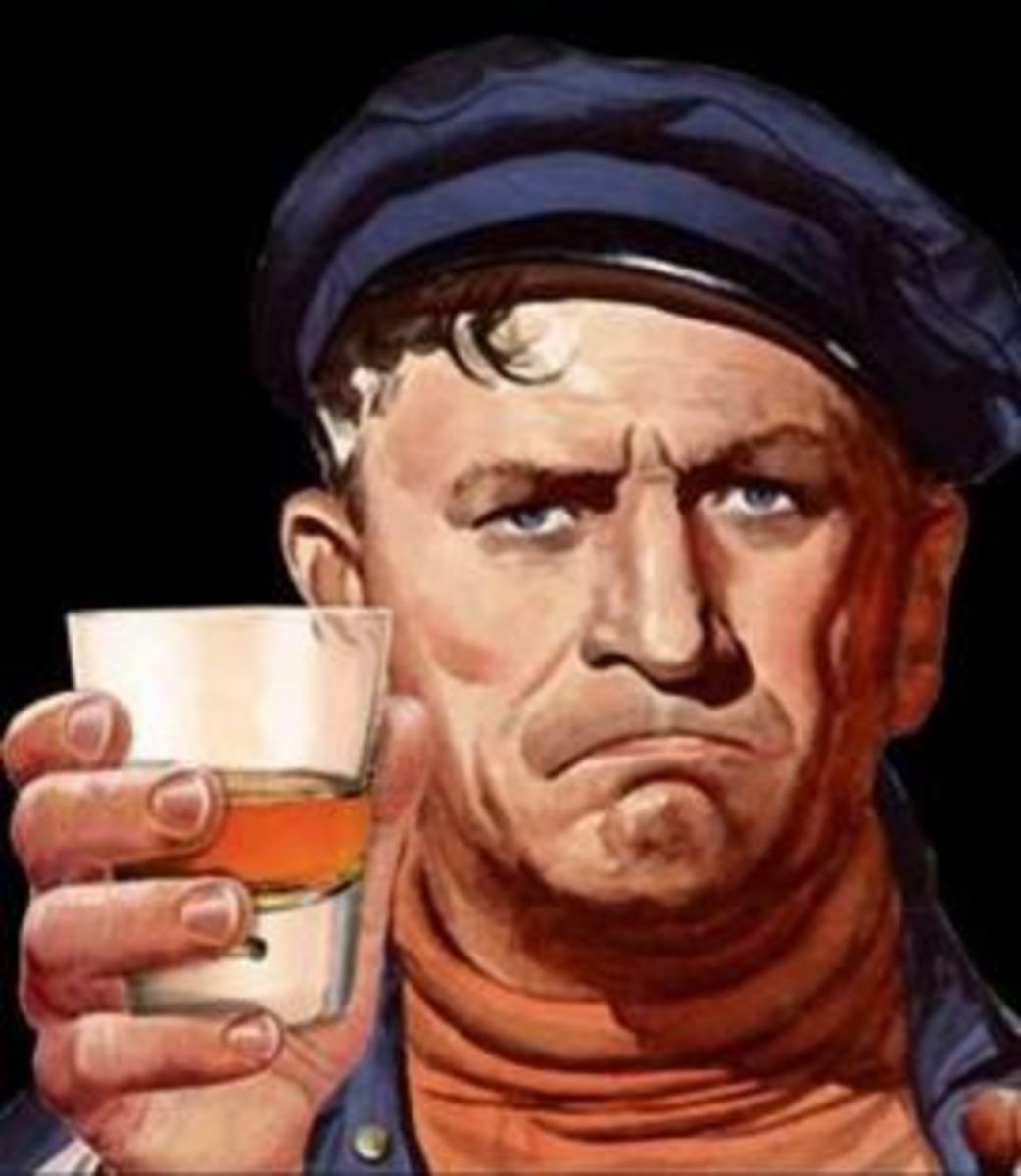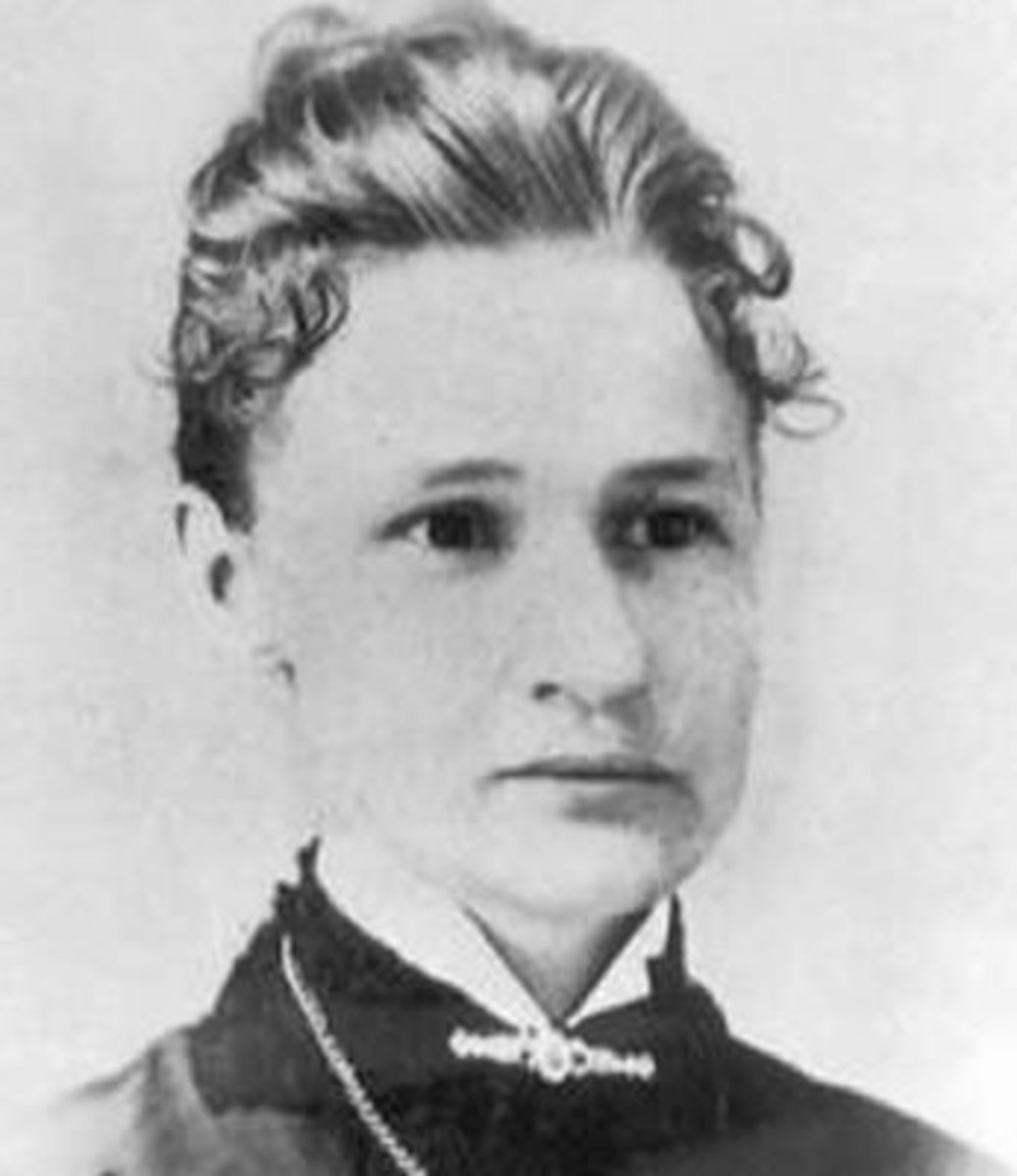A Noble Experiment Called Prohibition
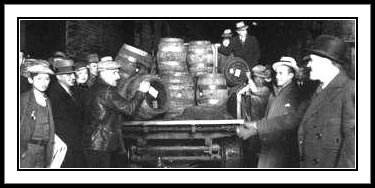


The Noble Experiment
“The Noble Experiment,” better known as the National Prohibition Act, was law from 1919 to 1933. During that era the sale, manufacture, or transportation of alcohol was a crime. Technically it was the 18th Amendment.
The National Prohibition Act was a culmination over the age old battle between tea totalers and those who advocated for individual freedom. Religious fanatics had continually tried legislating morality since the beginning of colonialism in North America and they often clashed with the distillery industry.
Settlers started making their own liquor and it soon, became part of the colonial economy. Even the Puritans, who were known for their strict religious ethics, allowed alcohol drinking, in moderation of course.
With the westward expansion in the 1800’s, the saloon became a part of the American town infra structure. Saloons were more than drinking and gambling establishments. They often doubled as restaurants, brothels, courtrooms and even churches.
The prohibition, movement began in the 1840s, by religious denominations, especially the Methodists who considered drinking to be a source of social evils such as prostitution, family abandonment and crime.

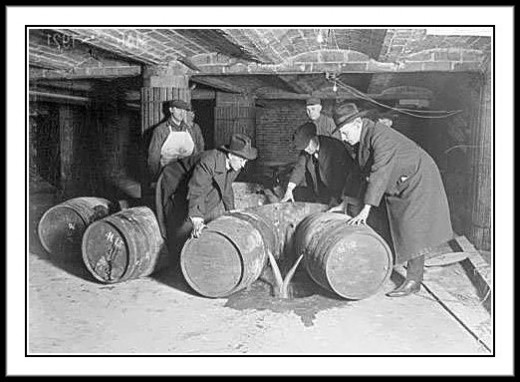
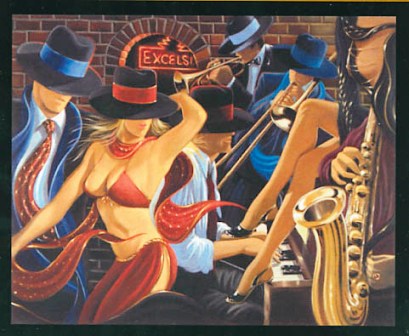
The Volstead Act
It was the 18th Amendment that established Prohibition, however, it was the Volstead Act passed on October 28, 1919 that clarified it. It stated "beer, wine, or other intoxicating malt or vinous liquors" meaning any beverage more than 0.5% alcohol by volume. The Act also included owning any item designed to manufacture alcohol and set specific fines and jail sentences.
During the Civil War the abstinence movement lost some impetus but regained momentum with the Woman’s Christian Temperance Union (WCTU.) Carrie Nation, a Kansas minister’s wife, led prohibitionists into saloons, and used hatchets to destroy alcohol bottles and containers. In 1881, Kansas became the first state to pass a law prohibiting alcoholic beverages.
Resentment toward saloons increased between 1890-1920 and other supporters of Victorian values joined forces with the Protestant reformists. Their concerted efforts helped form The Anti-Saloon League (1895) which became the most influential political force in the prohibitionist movement.

A Dismal Failure
However, prohibition was a dismal failure. It didn’t stop people from drinking. Numerous “Speakeasy” clubs sprang up overnight. These were places people could associate and drink in secret. A famous humorist of the era, Will Rogers, often joked about southern pro-prohibitionists: "The South is dry and will vote dry. That is, everybody sober enough to stagger to the polls."
Despite the law people could still buy liquor in open saloons, restaurants, night clubs, cigar stores, back rooms of barbershops and almost anywhere one wanted. In 1918 before prohibition, Detroit had 2,334 liquor serving establishments. But during the height of prohibition, Detroit had 15,000 establishments serving alcohol.
Immediately following passage of the 18th Amendment, organizations formed to repeal it as the perfect society promised failed to materialize. The movement gained strength through the 1920’s.
In addition, it also fostered new crimes such as bootlegging and organized crime. Black markets surfaced attracting dangerous criminals. Crime organizations bribed public officials and often resorted to murder to strong arm their control over the black market.
These illegally distilled alcohol products were often much more dangerous to public health. Their manufacturing techniques were dubious at best, sometimes being made using such things as old car radiators which could cause blindness and even death to consumers. Furthermore they were much higher in alcohol content.
Some bootleggers used industrial ethyl alcohol to produce their beverages, so the government enacted the poisoning of industrial alcohol. However in response, bootleggers hired chemists to make it drinkable. As a result, the Treasury Department demanded manufacturers to add more deadly poisons. New York City physicians hotly opposed these policies. As many as 10,000 people died from drinking denatured alcohol before Prohibition was repealed.
Although it was extremely controversial, Prohibition was widely supported by various groups. Progressives, like women, southerners, rural residents and African Americans, believed it would be a boon to society. There were a few exceptions like the Woman’s Organization for Prohibition Reform who fought against it.
Prohibition not only failed to reduce the number of bars in America, it created new customers. Before Prohibition, New York City had around 15,000 legal saloons, by 1930, more than 32,000 illegal speakeasy saloons.
Ironically, the Eighteenth Amendment didn’t prohibit the consumption of alcohol. It also allowed the making of up to 200 gallons of wine and cider at home. Medical professionals also decried Prohibition, because alcohol was widely prescribed by physicians of the time for therapeutic purposes.
Beside promoting illegal activities, Prohibition took a huge toll on the American economy. The federal budget was adversely affected by lack of tax revenues and high costs of enforcing Prohibition laws. At the time, America was experiencing the Great Depression and Prohibition became increasingly unpopular, to say the least, and the Eighteenth Amendment was repealed in 1933.



